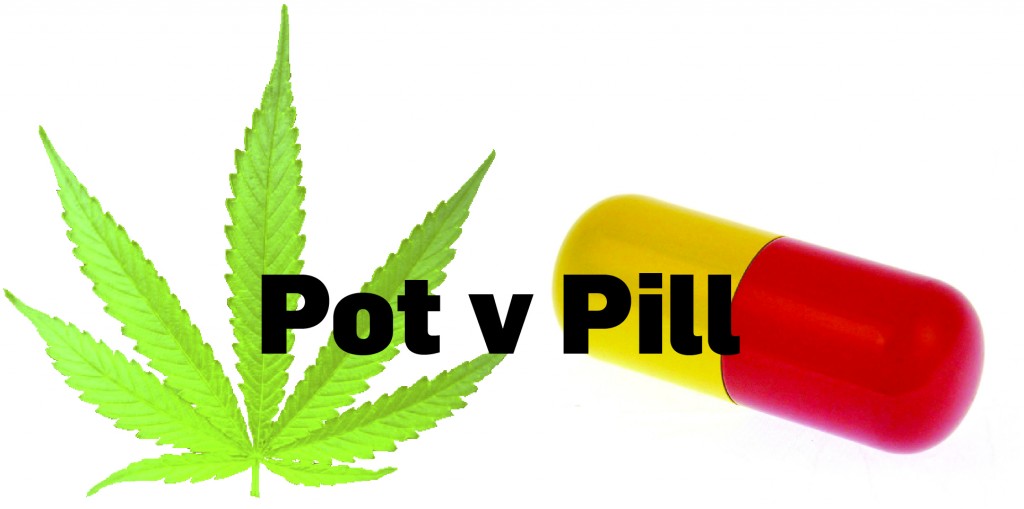 Like all criminal enterprises, big pharma does not like the idea of a rival hustling for a piece of the action. The US drug market is driven by profit, not morality, and has long been the globe’s most financially lucrative provider of consumable medication. Prescription drugs in the US can cost three times more than their EU counterparts (sometimes even more so), with Martin Shkreli’s infamous 5,000% price increase on Daraprim a textbook example of the corrupt mentality driving those we trust to keep us alive.
Like all criminal enterprises, big pharma does not like the idea of a rival hustling for a piece of the action. The US drug market is driven by profit, not morality, and has long been the globe’s most financially lucrative provider of consumable medication. Prescription drugs in the US can cost three times more than their EU counterparts (sometimes even more so), with Martin Shkreli’s infamous 5,000% price increase on Daraprim a textbook example of the corrupt mentality driving those we trust to keep us alive.
But cannabis is beginning to bite at their ankles. Unlike the complex little pills that doctors giddily dish out to their patients, medicinal cannabis can be produced at home with relatively little effort or cost, being used in the treatment of myriad medical conditions. And while green power still swings toward the dollar in the halls of big pharma, cannabis has made a notable impact.
New Frontier Data, a Washington DC-based analyst of the cannabis industry, found that if medical cannabis was legalized nationally, the pharmaceutical industry could lose an estimated $18.5 billion in just three years. And that study only focused on the top nine conditions that could be effectively treated by medical cannabis. Furthermore, a 2018 study published by the University of California San Diego and Weill Cornell Medical College reported that the to-date legalization of medical cannabis has been associated with a 29.6% reduction in the number of Schedule III opioid prescriptions.
But this trend isn’t set to last long; criminals are jealous creatures, and big pharma’s entrance into the cannabis industry is just around the corner. Arizona firm Insys Therapeutics recently gained FDA approval for a synthetic cannabis-derivative drop with the plant’s psychoactive element THC as the active ingredient, despite holding a consistently anti-legalization stance. It’s not so much that big pharma is against cannabis, they are against the inability to monopolize THC. And now that they’ve started to figure out a way in, the tide seems to be shifting and monopolies have started to emerge.
David Kideckel, director of Calgary-based Altacorp Capital’s life sciences division, recently commented that the influx of big pharma into Canada’s cannabis industry will be one of the most significant themes in 2019 and beyond. And he was right. As recently as December 2018, Sandoz laboratories of New Jersey announced a partnership with Tilray, one of Canada’s largest cannabis producers, to develop non-smokable, medical products for sale in markets across the world.
The concerns born from the monopolization of the cannabis industry don’t stop with big pharma, either. All those braying for green blood bleed into one another; look no further than the recent activities at the Rhode Island State House. For months, the rumor mill has speculated that Governor Gina Raimondo’s husband, Andrew Moffit, director of industry learning at McKinsey and Company, has commercial interests in the cannabis industry. Moffitt categorically denies the accusations, but his protestations sit uncomfortably with the July 2018 news that Middle Eastern republic Lebanon will legalize growing cannabis after McKinsey recommended it as a way to boost the country’s shaky economy. The monopolization gossip is further fueled by the governor’s proposal to ban home-growing unless need can be proven, in a stroke of a pen revoking the right to cultivate a plant unless the state gets its cut.
This all remains a bad dream for now, but power plays in the pharmaceutical industry are almost impossible to resist, even more so under a pay-to-live healthcare system. Thankfully for home growers, the Ocean State is the only one to have proposed such harsh restrictions on domestic cultivation, but it does set a dangerous precedent. Not only does the combination of big pharma and next-to-zero domestic cultivation once again shackle the free weed movement, but re-invites the dangers of street dealing. It also keeps people from accessing and cultivating plants, and places a divide between home brewers and former home growers. Why should one be permitted to ferment hops, while the other cannot cultivate a plant?
The weed may be free for now, but there very well could be a last stand in the not-too-distant future. My money is that it will take place on a hillside in Colorado.

